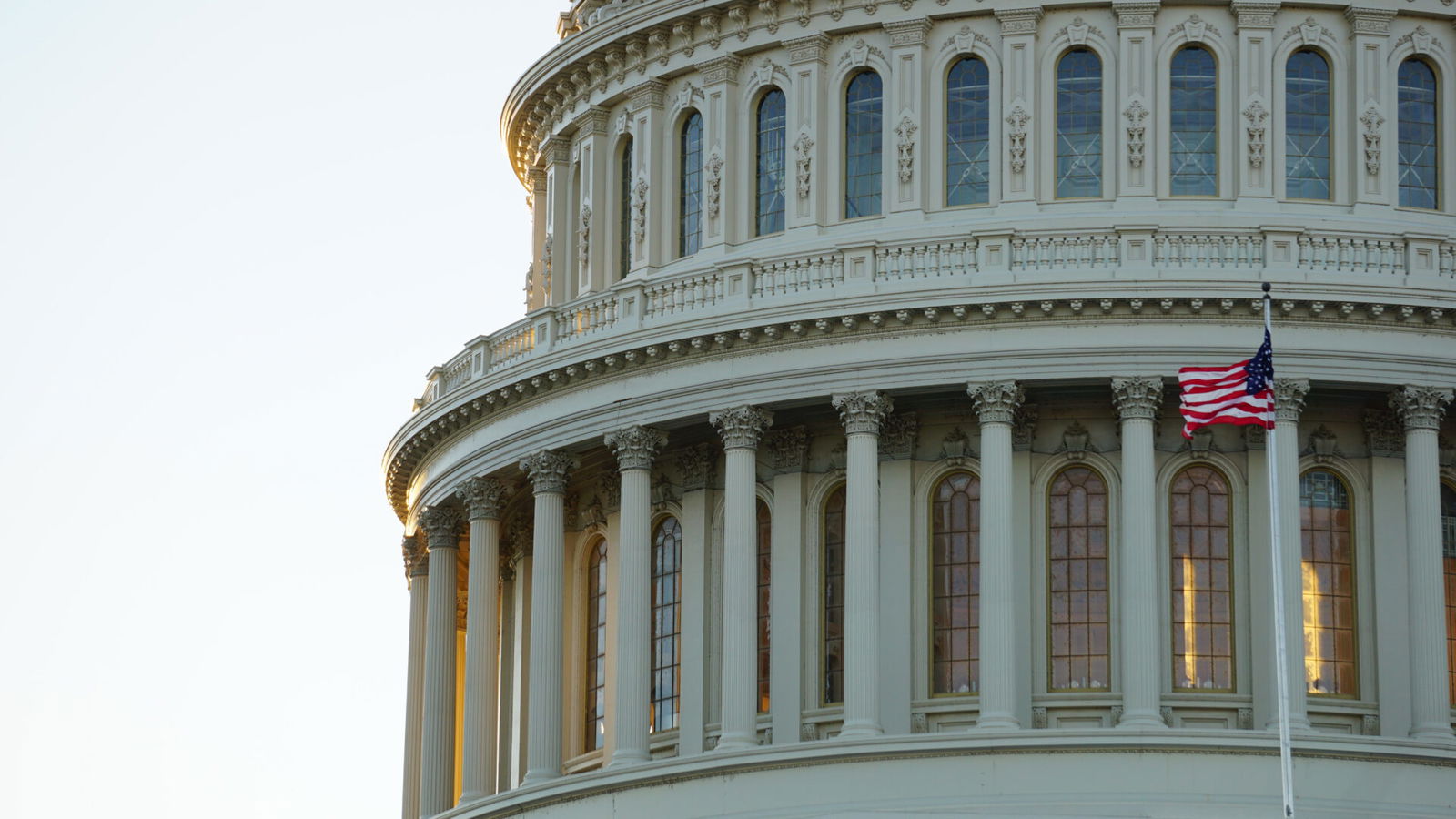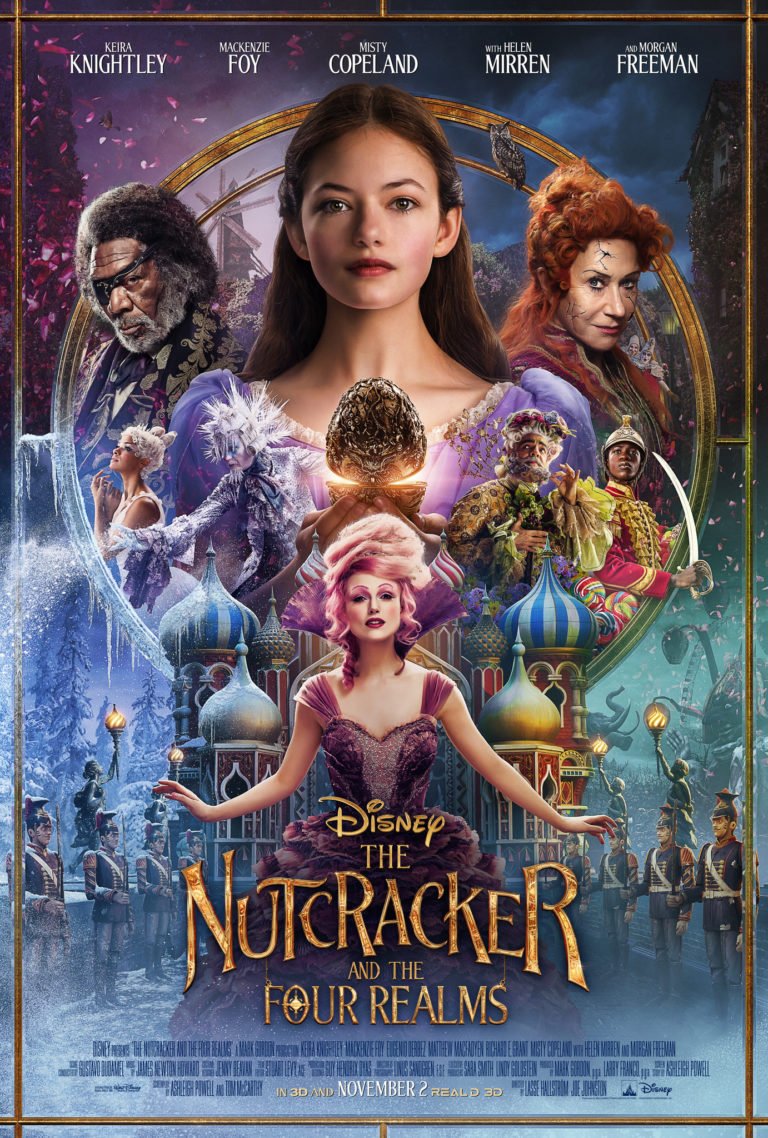
MPA Plans to Introduce New Anti-Piracy Legislation to Congress
By Movieguide® Contributor
According to the Motion Picture Association (MPA), piracy costs the movie industry $1 billion every year, but the association hopes to stem this issue by introducing new laws that would fight stolen content.
MPA Chairman and CEO Charles Rivkin announced that he is working with Congress to fight piracy by requiring internet service providers to disallow access to sites that distribute stolen content.
While legislation like this has been suggested in the past, it has been shot down due to concerns of free speech violations. However, Rivkin believes it is clear that the 1st Amendment does not protect the right to steal other people’s work. Instead, lawmakers are enabling criminals by allowing piracy websites to continue to flourish.
“The perpetrators are real-life mobsters,” he said. “Many of whom engage in child pornography, prostitution, drug trafficking, and so many other societal ills…There are no gray areas here.”
The Verge reports that piracy has gone up in recent years. “A report from piracy data analytics company Muso revealed that video piracy websites around the globe received 141 billion visits in 2023, making for a 12 percent increase when compared to 2019. The US and India made up most of these visits. But at the same time, the price to subscribe to a streaming service is higher than ever, and so is the cost of a movie ticket,” the outlet notes.
While a law like this would be new to the U.S., it would be similar to anti-piracy laws enacted in over 60 other countries that have made it illegal for internet providers to provide users access to those sites. These laws internationally have significantly cut down on stolen content, leading to a third of all piracy traffic originating from the U.S.
The laws Rivkin is promoting would help more than just Hollywood. They would protect all creatives from having their work illegally distributed without their consent.
“It allows all types of creative industries—film and television, music and book publishers, sports leagues and broadcasters – to request, in court, that internet providers block access to websites dedicated to sharing illegal, stolen content,” Rivkin said.
“It’s important to ensure that creators have a way to effectively monetize and distribute their works,” Karyn Temple, the MPA’s senior executive VP and global general counsel, said. “And that new types of creative art can continually be pushed out there, that regions, new markets can be developed. It’s important that you have the legal environment that supports that.”
“Site blocking works,” Rivkin added. “It substantially decreases piracy.”
While it is unclear whether Congress will enact these laws, MPA will continue to fight the illegal distribution of its content and claw back the $1 billion per year that it rightfully deserves.
Movieguide® previously reported:
Experts recently warned that media pirates would have a field day with the amount of high-quality uploads hitting the streaming market.
They sounded the alarm after Disney announced a slew of new content hitting Disney+ next year, as well as Warner Bros.’ decision to move all their 2021 releases to HBO Max the same day they hit theaters.
Kim Masters of The Hollywood Reporter noted: “[Warner] is pretending that pirates won’t pounce as soon as these films are streaming on HBO Max.”
Meanwhile, 2021 could be a historic moment for movie piracy.
Many exhibitors, analysts, and filmmakers were outraged at Warner Bros. studio’s deal with HBO Max. However, movie pirates cheered.
“For sure, pirates are celebrating WarnerMedia’s decision,” Abigail De Kosnik, director of the Berkeley Center for New Media, said.



 - Content:
- Content: 

